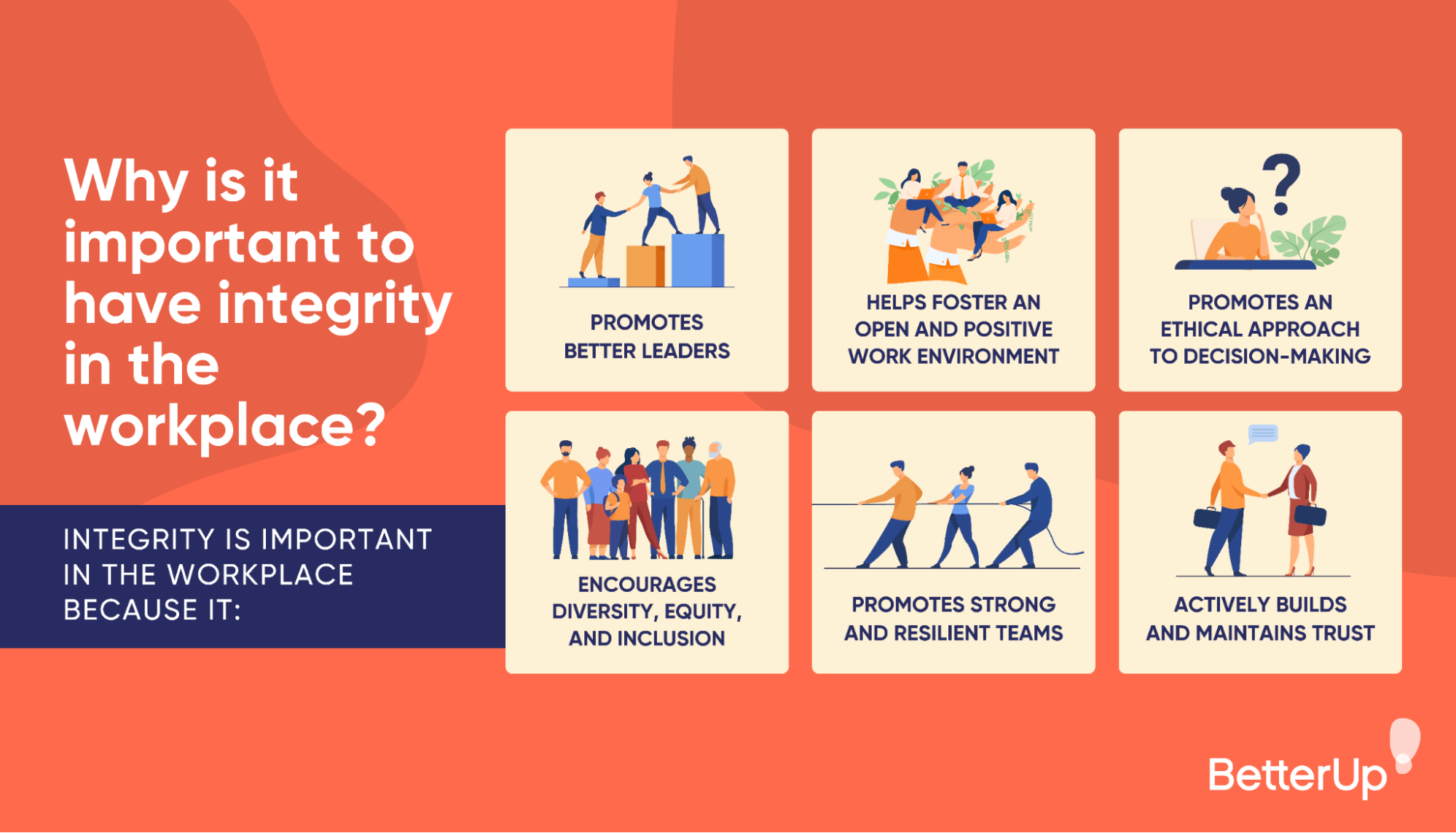When you think about it the concept of professionalism should apply to all jobs, professions or even commisions. No matter what is an occupation of particular person, he/she still should follow main rules and assumptions of that concept. In this post we will take a closer look on what professionalism is, if it's concept is always the same and we will focus on what it means for creative industries. 👥
What is professionalism?
Professionalism is commonly understood as an individual’s adherence to a set of standards, code of conduct or collection of qualities that characterize accepted practice within a particular area of activity. Explaining it in an easier way, professionalism is the skill, good judgment, and polite behavior that is expected from a person who is trained to do a job well. 👌
Why being professional is so important for your career?
- Professionalism is one of the biggest factors in your level of career success
- It’s an outward display of your attitude toward your job and your company
- Many people say that it’s a sign of loyalty, dependability and responsibility
- Being professional can ensure a positive first impression
- It can also ensure successful interpersonal relationships and a lasting reputation within your organization and industry
- Co-workers and employers respect you and your opinion more, you gain more influence
- People will more likely choose you for a leader as your leadership skills are more effective
- Professionalism will improve your personal growth, motivation, self-esteem, emotional intelligence and communication skills
Pillars of professionalism
Below we will bullet point all the most important and most known pillars of professionalism:
- Initiative - ability to act independently
- Punctuality - showing up, on time, and prepared
- Accountability - being responsible for your actions, words, and the work you do
- Responsibility - having a duty to deal with something or of having control over someone
- Respect - treating everyone with kindness and dignity, all the way from the front desk receptionist, through clients and co-workers to the CEO
- Follow-through - doing what you say you will do
- Integrity - doing the right thing no matter what
- Honesty - always tellling the truth and not hiding anything from co-workers
- Reliability - people know that they can rely on you
- Organization - being organized, well time management and having everything planned
- Etiquette - being cultural and kind
- Humility - freedom from pride or arrogance
- Neatness - avoiding mess, good presence, being tidy
- Comittment - giving 100% from yourself no matter what, being dedicated to a cause or activity
- Altruism - disinterested and selfless concern for the well-being of others
- Confidentiality - keeping or being kept secret or private
Why bother about upholding the integrity of your industry discipline area?
Integrity is the act of behaving honorably, even when no one is watching. People with integrity follow moral and ethical principles in all aspects of life. Integrity is not just important on a personal level, it is also vitally
important at a workplace level. Organisations known for their integrity
perform better.
Integrity should extend to professional areas at work such as
decision-making, interacting with colleagues and serving customers or
clients. 👮
How do you uphold integrity in the workplace?
- Remain honest with your co-workers
- Be respectful during conflicts
- Follow and enforce company policy
- Set a good, positive example for others
- Show up ready and prepared for work
- Return found items without an expectation of receiving a reward, respect others property
- Avoid gossiping and talking bad things about other people
- Remain confidential and don't share others secrets
- Be fair, don't break any rules and avoid doing illegal things
- Report inappropriate, suspicious, dangerous and unethical behavior
- Be respectful, patient and civil
The importance of respect and how to show it to others
Respect means treating someone with kindness and dignity no matter what. Respect at work is a vital part of establishing a healthy working
environment. Mutual respect in the workplace makes all employees know
that they are valued for their achievements, abilities, and qualities. Employees who do not offer respect to others are unprofessional and pose a threat to the health and success of their company. 🙏- respectful environment reduces stress
- it increases productivity and collaboration
- it improves employee satisfaction
- it creates fair and equal working enviroment for everyone
- respect helps eliminating: bullying, harassment, intolerance and disagreements
- it improves employee engagement and motivation
- If someone else is speaking then be present, show that you listen to them and think about what they said. Pay attention and avoid interrupting or jumping to conclusions before they finish.
- Be thoughtful of others’ feelings and think twice before you say something that may hurt someone. Don't avoid talking about feelings and be open during conversations.
- Disagree respectfully, don't insult any opinions or ideas if you disagree with them. Just nicely explain your point of view and how it's different from someone's else opinion/idea.
- Acknowledge others and say thank you. Show them that you see and appriciate their work.
- Apologise when you're wrong. Admit your mistakes and take responsibility for them.
- Others will make mistakes sometimes too, so try to address them with kindness to them. Don't avoid it tho, because helping others grow from their mistakes with dignity is a decent and respectful thing to do.
- Make decisions based on what’s right, not who/what you like. Try to follow logic and integrity rather than your feelings toward someone or something.
- Respect physical and personal bounderies.
- Call out others disrespectful behaviour. If you see someone being rude or intolerate to someone else, pull them aside and ask them about their behavior. Try to explain that what they did was wrong, and that they shouldn’t do it again.
- Compliment others and their achievements. Avoid jealousy and learn how to celebrate someone's accomplishments and happiness.
- Keep promises and be honest. Also remain confidential about someone's secrets.
- Offer your support and assistance to others. Helping someone without being asked to by them shows a huge amount of respect.
- Be tolerant and understanding. As long as everyone is being respectful and no one is hurting anyone else, it’s important to take a step back and accept that there’s no one right way for people to live their lifes. You might not understand it, but you can respect it.
Why does professionalism matter in the creative industries?
The pillars of proffesionalism refer to all idustries, including crative ones. Reminding respectful toward others, integrity, responsibility, etc., still aply to developers and designers. Some of them are however more important for this industry than they would be for others. It means that professionals from creative industry will focus on some other points more than for example people from business industry. 🎨
Here are important things to remember for all professional developers and designers:
- One of the most important things about being a professional developer or designer is to respect the intellectual property rights and copyright law by making sure all the content used for our work is original or has the right permissions to be used.
- To consider themselves professional, developers should also make sure that their code is properly written, tidy, well commented and errors free.
- Finished work must be coded securely and comply with the client’s requirements.
- Finishing work on time is also extremely important for crative industries as it can slow down the entire project and push a deadline further than expected. It can cause enormous financial loss!
- For professionals in creative industries it's also very important to never stop learning. With the constantly emerging new technologies, programs and techniques they need to stay up to date with all the innovations if they want to keep improving and stay relevant within the industry.
Professional codes of conduct
A professional code of conduct is a document that explains to employees how they are expected to act on behalf of their company. A code of conduct can include elements like the values of the business, disciplinary steps, and responsibilities. Businesses usually use their code of conduct as a self-regulatory tool
rather than a legal instrument. Unless a company specifically references
the code of conduct in a legal instrument, such as a contract, and
requires all parties to abide by its terms and conditions, it will not
always legally bind any parties. 📜W3C Ethical Guidelines
W3C's Code of Ethics and Professional Conduct defines accepted and
acceptable behaviors and promotes high standards of professional
practice. The goals of this code are to:
- Define acceptable and expected standards of behavior.
- Provide a benchmark.
- Ensure transparency in community and group management.
- Ensure an environment where people can participate without fear of harassment.
- Contribute to the identity of the organization.
IGDA Scotland Code of Ethics presents core values that are the IGDA’s essential and enduring tenets. They are timeless guiding principles that require no external justification; they have intrinsic value and importance to the IGDA and its members.
Why does reputation matter?
Your reputation is the general belief or opinion that other people have about you. If you are considered trustworthy and kind, you have a good reputation. Reputation determines the social standing of a person in the society. It is a measure of his or her influence. A person enjoying good reputation is definitely preferred for great business opportunities, better jobs and for taking up leadership roles. 🌟
How to gain/keep a good reputation?
- Meet deadlines, be punctual and always prepared for work
- Come up and share your ideas with others, don't be shy and scared
- Respect others, your workplace and yourself
- Pitch in when someone is out, be ambicious
- Ask questions, show interest and be active
- Help co-workers and customers whenever you can
- Welcome new co-workers and customers, good first impression is a huge step for gaining good reputation
- Admit when you're wrong and apologise
- If you spot a problem come up with a solution and propose it, everyone look up for problem solvers
- Pay attention to details and try to remember them
- Take responsibility for your actions and don't make excuses
- Appriciate and thank those who help you and show their support
- Don't be scared of being challenged, expand your horizonts
- Be more positive and smile more!
That's all for this week's post, thank you for reading and see you next week! 😁











Comments
Post a Comment